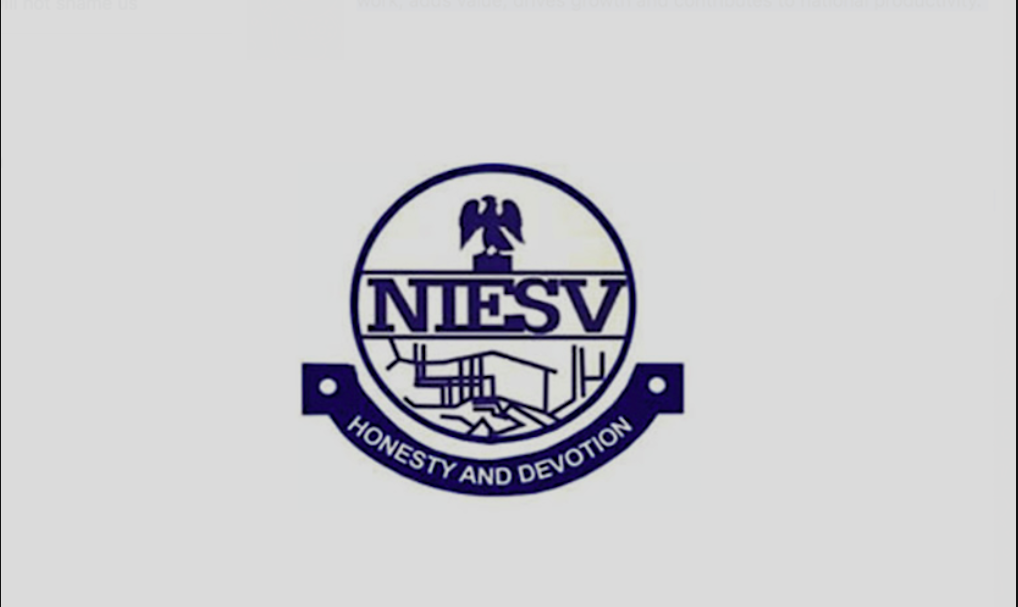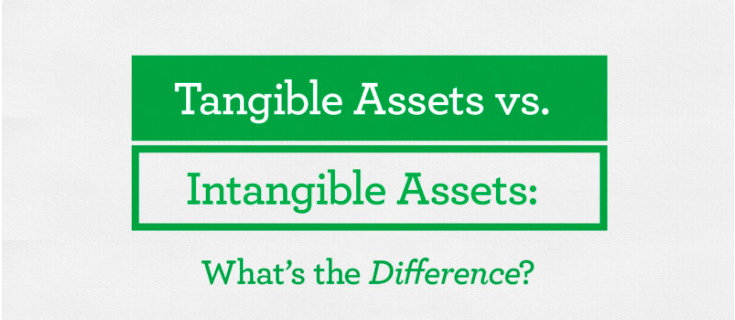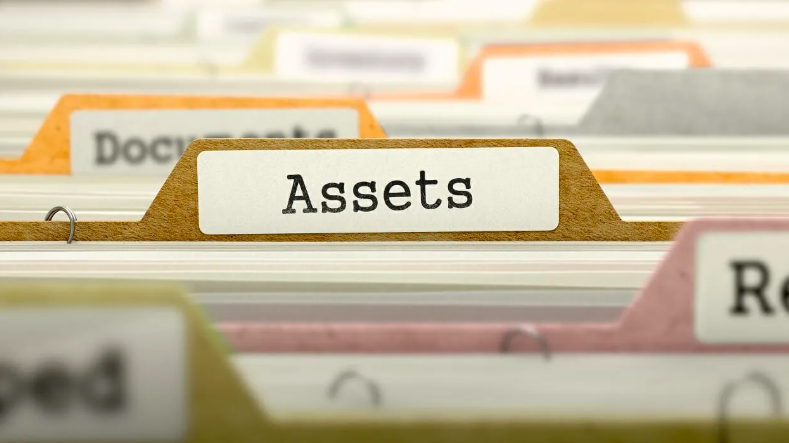
Understanding the Legal and Ethical Standards in Property Valuation
Property valuation is more than a technical process — it is also a legal and ethical responsibility. In Nigeria, estate surveyors and valuers are governed by a professional code that ensures accuracy, objectivity, and accountability in all valuation reports. Understanding the legal and ethical framework that guides valuation practice helps promote public trust, reduce malpractice, and protect the interests of all stakeholders involved in real estate.
This article explores the legal backing, ethical obligations, and best practices that guide professional valuers in Nigeria.
Legal Framework for Property Valuation in Nigeria
ESVARBON Act (1975) The Estate Surveyors and Valuers Registration Board of Nigeria (ESVARBON) was established by Decree No. 24 of 1975 (now an Act of the National Assembly). It empowers the board to:
- Regulate the practice of estate surveying and valuation in Nigeria.
- Set standards for professional conduct.
- Discipline erring members.
- Maintain a register of qualified and licensed professionals.
The Nigerian Institution of Estate Surveyors and Valuers (NIESV) NIESV serves as the professional body representing estate surveyors and valuers. It provides:
- Continuous professional development (CPD),
- Guidelines for valuation methods,
- Ethical codes for conduct,
- Membership oversight.
Other Regulatory Laws
Land Use Act (1978): Governs land ownership and compensation valuation.
International Valuation Standards (IVS): Adopted to align local practice with global best practices.
Ethical Principles in Property Valuation
Professional valuers are bound by core ethical principles that guide their conduct. These include:
1. Objectivity and Independence
Valuers must remain neutral and detached, especially when:
Working for clients with financial interests,
Valuing properties for litigation, mortgage, or investment.
Their role is to present factual, evidence-based conclusions, not to satisfy any party’s expectations.
2. Confidentiality
All client information, documents, and findings obtained during valuation must be treated as confidential, unless disclosure is legally required.
3. Competence and Due Diligence
Only valuers with the appropriate knowledge, experience, and license should undertake a valuation. They must:
Understand the local market,
Apply the correct valuation methods,
Be aware of any environmental, legal, or financial risks.
4. Transparency and Disclosure
Valuation reports must:
Clearly state all assumptions, limiting conditions, and basis of value,
Disclose any conflict of interest,
Provide traceable data and justifications for all figures.
5. Integrity and Accountability
Valuers must act honestly, resist inducement, and take responsibility for the accuracy and completeness of their reports. Any form of manipulation, bias, or falsification is a breach of ethical standards and subject to penalties.
Consequences of Ethical Breach
If a valuer is found guilty of professional misconduct or negligence, the following can occur:
Suspension or removal from the ESVARBON register,
Legal sanctions and fines,
Damage to reputation and loss of client trust,
Civil liability for losses incurred due to a faulty valuation.
Why Legal and Ethical Standards Matter
Protecting Public Interest: Ethical practice builds trust and reduces real estate fraud.
Improving Investor Confidence: Credible valuation supports local and foreign investments.
Supporting Justice: Courts rely on valuation reports in cases of land acquisition, compensation, and disputes.
Strengthening Institutions: Ethical valuers uphold the reputation of the profession and ensure compliance with national policies.
Conclusion
Property valuation is a high-stakes profession with far-reaching financial, legal, and social consequences. By adhering to strict legal and ethical standards, registered valuers in Nigeria ensure the accuracy, fairness, and credibility of property assessments. As the real estate market expands, these standards will remain crucial in promoting transparency, accountability, and sustainable development.

 May 03, 2025
May 03, 2025



